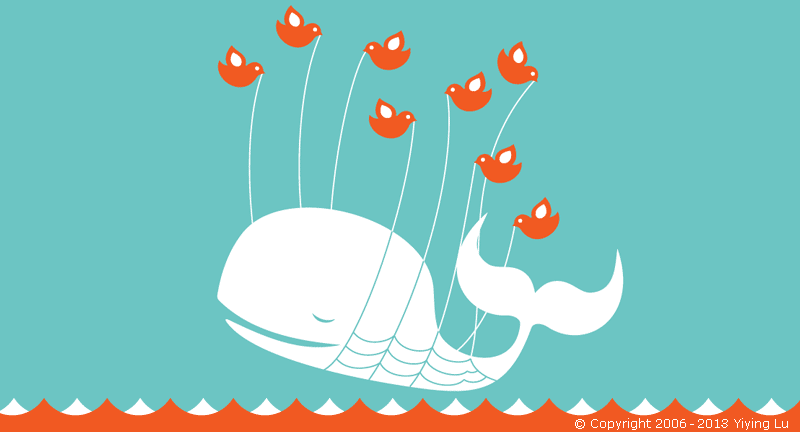 |
| Source |
The new academic year starts in less than a month, so we are in the process of wrapping up summer projects and girding our loins for the fall. Part of that loin girding is figuring out what programs we're going to run - are we going to repeat what we've done in the past? Come up with something new? A combination of the new and the old?
In making decisions about the future, I of course have to think about the past: which events were successful, and which were unsuccessful? When thinking about the unsuccessful events, I try to consider what made them unsuccessful and whether or not there's something I think I can do to improve things in the future. And I always have to remind myself that sometimes success or lack thereof isn't something I had control over - weather and unexpected competition on campus have sunk my programs more than once.
In looking at my past successes and failures, I've come up with a few measures I use to judge:
- What was the cost per participant? One of my best attended and most successful programs ended up costing less than $1 per attendee.
- How many people attended? I always compare attendance with the size of my community. Events that might seem poorly attended somewhere else, based on numbers, might be a big success on my campus. I once attracted enough students that they represented just over 5% of our undergraduate population. That's a HUGE success for a dry event on a Friday night.
- Did people enjoy themselves? Watching body language can tell you a lot, but nothing beats actually asking people if they had fun. Another way I know people have enjoyed themselves is when they ask if/when we'll be hosting the event again.
- Did I achieve the goal(s) I had for the event? Sometimes the goals have nothing to do with attendance. For instance, my Banned Books Read Out isn't hugely popular - we only attract 20-30 students every year - but my goal for this event is political awareness and education. Talking about why people have challenged books isn't always fun, but it does always result in learning.
What about you? If you run events at your library, how do you decide if it is successful? Unsuccessful? And how about the other side of it? How do you decide that an event you attended was successful?










